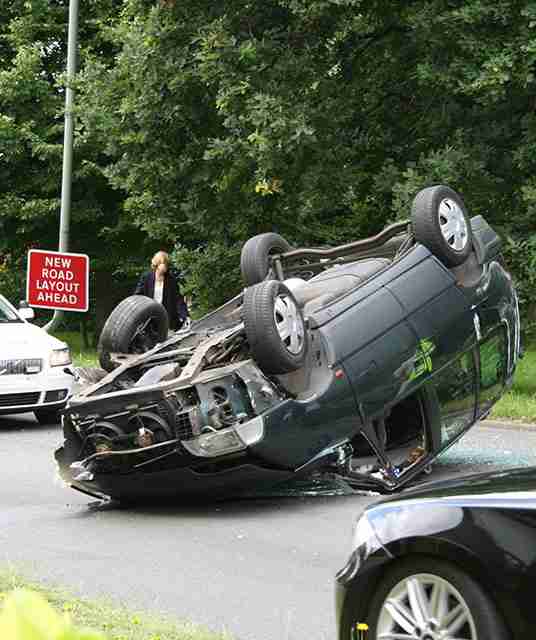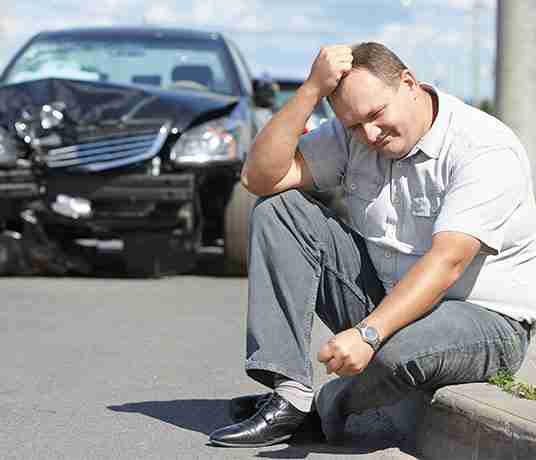Non Owners SR22 Insurance
Non Owners SR22 Insurance

What is Non Owner SR22 Insurance?
Introduction
In short, a non-owner SR22 car insurance policy is a special type of insurance required in some states, which applies to those convicted of a DUI/DWI, and who drives someone else’s car.
Detailed Explanation:
When convicted of a DUI, a person often loses the ability to drive a car. In such cases, the person often is able to drive someone else’s car, such as a friend or acquaintance; however, a non-owner auto insurance policy may be required (depending on your state). There are a few key limitations to be aware of for such a policy.
What Does a Non-Owner SR22 Insurance Policy Cover?
A non-owner policy only covers a person for liability, meaning for example, if you cause an accident, the policy will cover expenses to cover the other party, such as vehicle damage and personal injury, but NOT the vehicle you are driving. It will cover for the limit amounts you purchase, so higher limits will give you greater assurance in case of expensive accidents. The risk to the vehicle you are driving remains, so this may be an important factor to discuss with the person’s car you are borrowing. If the other person is at fault, their insurance should cover the costs in most states/cases (check with your insurance provider). Depending on the state you are in, it also may not cover a vehicle owned, nor frequently used by, the convicted driver.

Who Cannot Get a Non-Owner SR22 Insurance Policy?
In some cases where the court has ordered use of an interlock device or IID, you may not be able to get a non-owner policy. There may be other cases as well, which will be provided to you by the court.

What Happens if I Miss A Payment on an SR22 Insurance Policy:
Your insurance company will report it to the DMV immediately, at which point:
- your license may be suspended immediately
- your SR22 filing period will start over
- pay the DMV a license reinstatement fee
How Do I Get SR22 Insurance Coverage?
Most insurance companies provide SR22 insurance, so shopping around with a few companies is usually the typical thing to do. A much easier way to get the insurance you need is by using our free form at the top of this page and we will help find the cheapest prices for you. And remember, cheap SR22 insurance is difficult to find, due to the fact that an SR22 is classified as a high-risk insurance.
Our Process:
- First, begin filling out our quote form.
- When it asks you for the vehicles make/model/year, just choose the last car that you drove, or something similar. It’s a bit unusual, we know, but it works, and it’s how all insurance companies quote non-owners policies*
- When you speak with an agent just let them know it’s for non-owners.


Comments
Comments are closed.